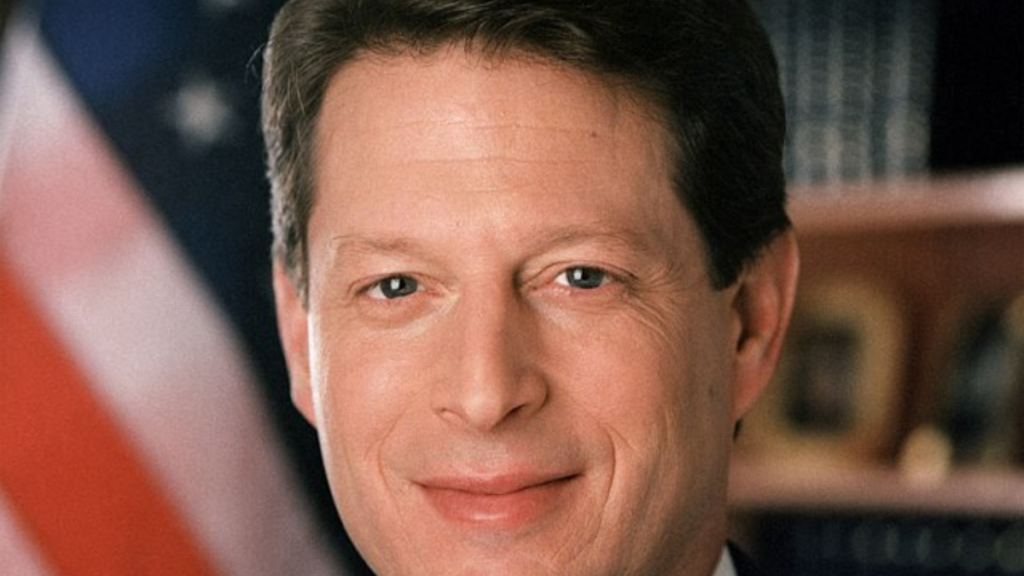The recent COP28 climate summit, hosted by the United Arab Emirates (UAE), has stirred controversy following scathing remarks by former US Vice President Al Gore. Gore’s criticism targeted the appointment of Sultan al-Jaber, head of the UAE’s national oil company ADNOC, as the summit’s overseer, raising concerns about conflicts of interest.
His condemnation was fueled by alarming data revealing a 7.5% surge in the United Arab Emirates’s greenhouse gas emissions in 2022, significantly surpassing the global increase of 1.5%. This criticism underscores deep skepticism regarding the credibility of oil-affiliated leaders in steering global climate negotiations, casting doubts on the effectiveness of the summit’s objectives in addressing the pressing issue of climate change.
Former US Vice President Al Gore criticized the United Arab Emirates for appointing Sultan al-Jaber, the head of ADNOC, an oil company, as the host of COP28, citing it as an abuse of public trust due to the conflict of interest stemming from the oil ties. Gore emphasized the concerning increase of 7.5% in the UAE’s greenhouse gas emissions in 2022, significantly higher than the global rise of 1.5%, based on data from Climate TRACE, a coalition he co-founded.
He condemned the presence of oil and gas companies at the climate summit, dismissing their promotion of carbon capture technology as inadequate in addressing climate change. Gore urged delegates to prioritize phasing out fossil fuels in the final summit text, discrediting carbon capture as a viable solution due to its historical lack of cost reduction and effectiveness over the past 50 years.
Al Gore, the former U.S. Vice President and climate advocate, criticized the United Arab Emirates’s hosting of the COP28 climate summit. He expressed skepticism about the appointment of Sultan al-Jaber, the head of the UAE’s national oil company ADNOC and the President of COP28, questioning whether he could be an impartial leader for climate negotiations.
Gore highlighted concerns about rising greenhouse gas emissions in the UAE and mentioned that such a position of authority being held by the CEO of a major oil company was an abuse of public trust. Additionally, Gore denounced the presence of oil and gas companies at the summit and their promotion of technologies like carbon capture to mitigate fossil fuel emissions, emphasizing the need to phase out fossil fuels without considering carbon capture as a viable solution.
As of now, there hasn’t been an immediate response or comment from the UAE regarding Al Gore’s criticisms or the specific data presented by him about the country’s greenhouse gas emissions. The UAE has yet to issue an official statement addressing Gore’s remarks or the findings from the Climate TRACE coalition. Their stance or reaction to these allegations remains pending and hasn’t been publicly disclosed.
Al Gore’s criticisms stemmed from several points. He expressed concern about the UAE’s choice of Sultan al-Jaber, the head of a major oil company, as the President of COP28. Gore believed that appointing someone from a significant oil company to lead climate negotiations raised questions about impartiality, especially considering the industry’s role in contributing to climate change.
Moreover, Gore highlighted a significant increase in the UAE’s greenhouse gas emissions, which he presented during the COP28, suggesting a disconnect between such emissions and the host nation’s responsibility in tackling climate issues. He also criticized the presence of oil and gas companies at the summit, specifically their support for carbon capture technologies, arguing that focusing on these solutions detracts from the crucial need to phase out fossil fuels entirely.
In conclusion, Al Gore’s critique of the UAE‘s role in COP28 highlighted broader concerns about the conflict of interest posed by appointing leaders from major oil companies to oversee climate negotiations. His remarks underscored the need for impartiality in addressing climate issues and raised questions about the sincerity of efforts to combat climate change, particularly in the context of rising greenhouse gas emissions.
Gore’s call for a more definitive phase-out of fossil fuels, without emphasis on carbon capture technologies, aimed to refocus attention on fundamental solutions rather than partial remedies. Overall, his statements emphasized the urgency of prioritizing meaningful action to address climate change and the critical role of leadership in fostering genuine progress.
